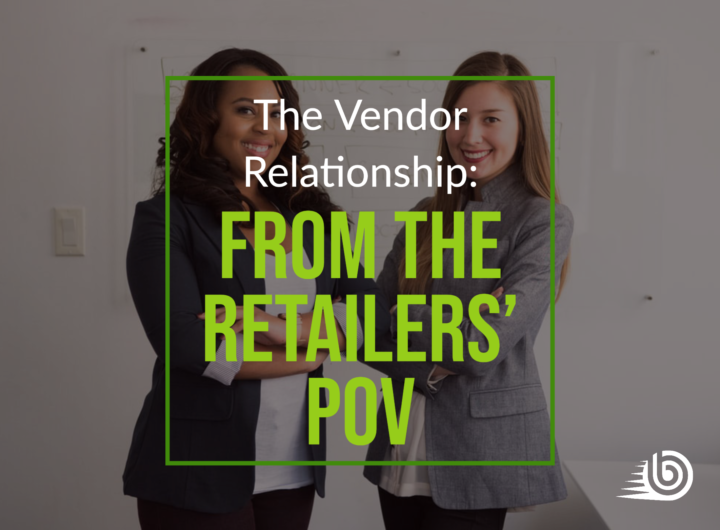Over the years I have worked directly with numerous national, regional, and local vendors. Their presence and partnership have undoubtedly had a positive impact on my employers’ success and indeed, that of the entire convenience store industry. Many of these vendors have provided countless products that have served to satisfy customers and create new trends consumers come to rely on.
I have often been asked to address vendor groups to share how best to gain the trust, partnership and product entry to a retailer, and I propose several key elements to ensure a good working relationship, not the least of which are communication, data, and costs.
Good communication is vital in most circumstances and particularly in business – whether speaking with experienced executives, category managers, or store managers. It is extremely important to listen to their needs. Retail decision-makers want to make the right call on product assortment, and at the same time feel comfortable minimizing any risks. A good initial approach is to consider whether a particular vendor is a trusted individual (or supplier) with a history of supporting a retailer and their business.
Consistency in on-time service or appointments and providing timely information is immensely valuable in facilitating a retailer to embrace the partnership versus just making time for the meeting. Regardless the size of the account, all parties should feel heard and their perspective respected.
The importance of current data cannot be understated. Every retailer and vendor will benefit from the latest information regarding national or regional trends or facts, and retailers often glean this information from their vendor relationships. I often asked my category managers after a vendor meeting “did they tell you anything you didn’t already know”? Honestly, most often the answer was no, unless the discussion was about new items. Whether a vendor sales rep is seasoned or a new hire, they should be trained to offer a fresh, new set of eyes for the retailer. In other words, it is extremely helpful if those having insight in the industry are willing to share any and all objective data that could advance both of their interests.
Finally, there is not a successful retailer who is not concerned over the cost of goods. Clearly, costs can vary due to poor negotiating skills. A supplier needs to be profitable, but there has to be a fair balance between product costs across competing retail businesses. Companies are often burdened with pointless requirements to lower costs, which too often creates wasteful excessive inventory. When retailers trust their vendors on cost of goods, rely on honest communication, and are consistently informed of valuable consumer trends, then undeniably both parties are positioned to increase profits.
Bill Nolan honed his expertise in the convenience retailing channel through a 28-year career at 7-Eleven prior to joining Family Express Convenience Stores in 2010 where the company was named the 2015 Convenience Store Chain of the Year under his leadership. Bill helps Business Accelerator Team clients in a variety of areas with a focus on improving short- and long-term profits.


